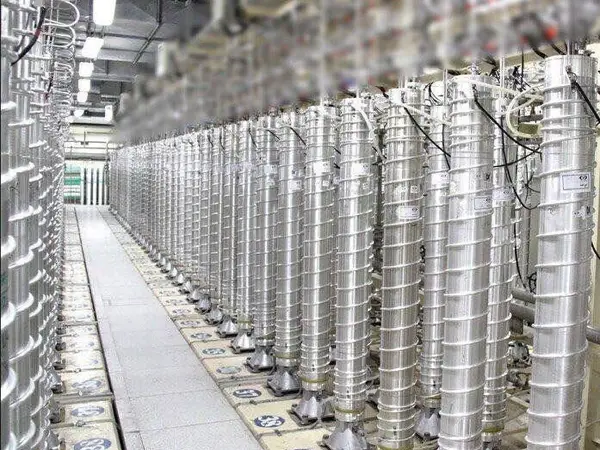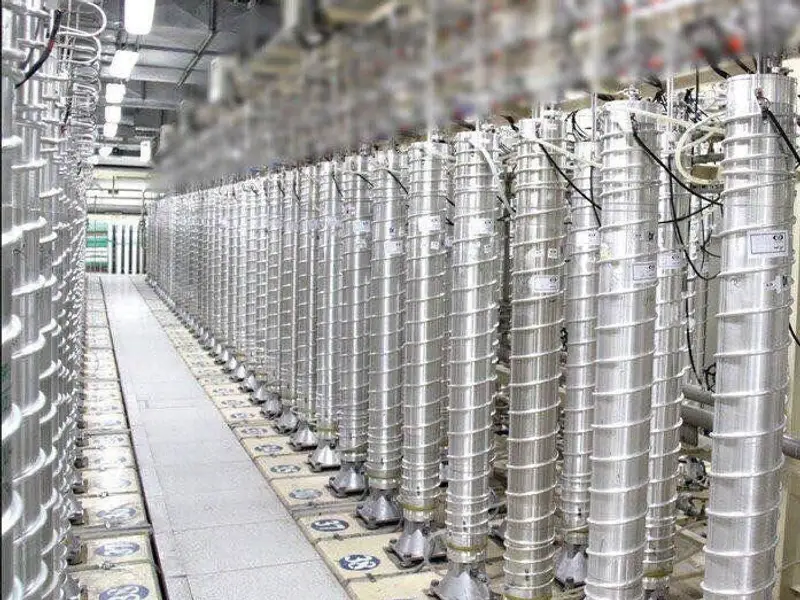UN's International Atomic Energy Agency (IAEA) inspectors have detected near bomb grade enriched uranium in Iran last week, Bloomberg reported on Sunday.
Quoting “two senior diplomats” the report said that the IAEA found uranium enriched to 84 percent, while previously Iran was enriching up to 60-percent purity. Enrichment above 90 percent would mean a decision to become a nuclear threshold state.
Bloomberg says that the IAEA needs to determine whether the higher-grade enrichment was intentional or the result of unintended technical processes. Earlier this month, inspectors had found an unusual set-up in interconnections of enrichment machines, called centrifuges.
The spokesman for the Atomic Energy Organization of Iran rejected Bloomberg's report as "distortion of facts" and said, "We have not enriched uranium to purity levels above 60 percent so far." He added that the IAEA has informed Tehran that "the presence of uranium particles with above 60-percent purity is common in sampling."
In the past two years, the Islamic Republic has reduced IAEA’s monitoring access to its activities and has violated limits set by the 2015 nuclear accord (JCPOA) with world powers that kept enrichment below 5 percent. Tehran began violating the limit in 2019, when the US imposed full oil export sanctions on Iran after withdrawing from the JCPOA.
Nearly two years of diplomatic attempts to restore the deal have failed, with the West also becoming critical of Iran’s bloody crackdown on popular protests and its supply of military drones to Russia.
Any of the three European signatories of the JCPOA, the United Kingdom, France or Germany could trigger a UN Security Council mechanism enshrined in the agreement, to reinstate international sanctions on Iran for its enrichment violations.
The IAEA Board of Governors will have its next meeting on March 6 and a report on Iran will be discussed. If the new violation is presented at the meeting, Western countries may decide to take the issue to the Security Council.

